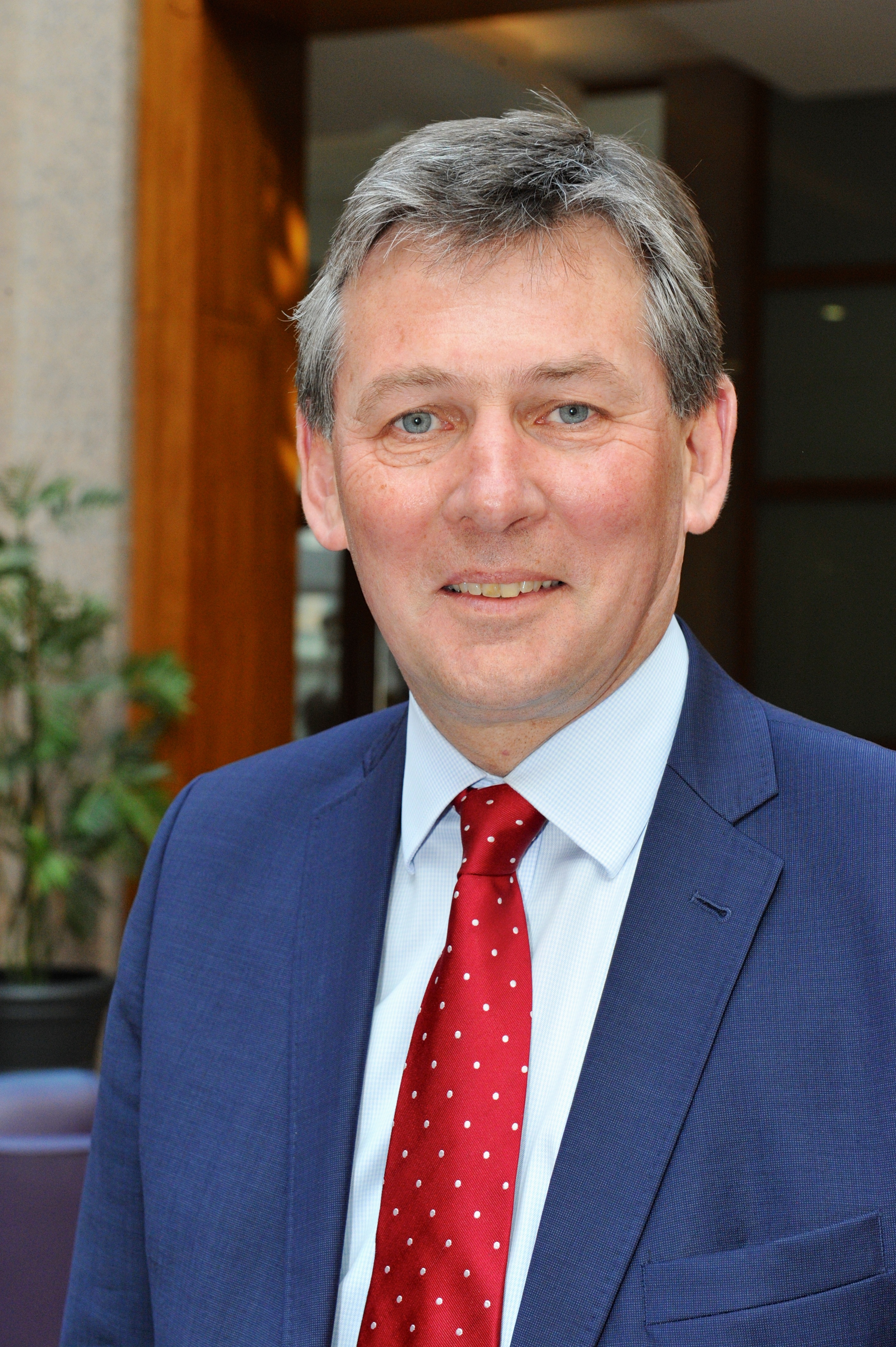The figures were released by the government as a result of a Freedom of Information request and show how many ‘high net worth’ individuals have moved to the Island since 2015 and from which countries the successful applicants originated.
Around 85% of those whose moves have been facilitated by Locate Jersey are British nationals, while others hail from countries including Ireland, Ukraine, Russia, Germany, Spain and Zimbabwe.
Details about those who are given what is now called 2(1)(e) residency, formerly known as 1(1)k, have always been a closely guarded secret, a reflection of the privacy demanded by the super-rich and respected by Jersey and its financial-services industry.
The system of offering multi-millionaires privileged residency and housing status in Jersey has, however, long been a controversial issue, both locally and in other jurisdictions.
According to the government website, 2(1)(e) status can be granted on ‘economic or social grounds, or both, and where the best interests of the community are served’.
Recently, however, concerns have been expressed in the JEP that some wealthy residents may fail to contribute meaningfully to the Island, purchasing ‘lock up and leave’ properties and spending minimal time in Jersey, possibly as little as one night a year.
Those wishing to apply for high-value residency must demonstrate that they have an annual income in excess of £725,000, meaning they would contribute a minimum of £145,000 in income tax, as well as meeting a series of conditions.
If granted residency, the super-wealthy are required to rent or buy houses worth at least £1.75 million or flats costing more than £900,000. The ability to rent, which is not time-limited, is a relatively recent change in the law. Previously, purchase was necessary.
The release of the figures today comes two years after the JEP exclusively revealed that Chelsea owner Roman Abramovich, the Russian billionaire, had been granted residency rights in the Island. It is believed that Mr Abramovich was subsequently unable to take up residence in the Island as a result of being refused Swiss residency because the country’s police force said he posed a ‘threat to public security’.
Kevin Lemasney, director of high value residency for Locate Jersey, who is responsible for promoting Jersey as a place for ‘high net worth’ immigrants, said applications were vetted thoroughly, with research into individuals’ backgrounds, analysis of positive or negative contributions in their country of residence, and criminal record checks prior to official consideration by the Housing and Work Advisory Group.

‘There is a political decision made by elected Members at the end of the process, and some of those who inquire about moving to Jersey do not make it to that stage,’ he said.
Beyond the revenue generated through taxes on income and the purchase of property, Mr Lemasney said many of those who moved to the Island became involved in local organisations, provided work for Islanders and made philanthropic contributions.
‘During the coronavirus pandemic, a number of our high-value residents have contributed to the Bailiff’s Fund, or made direct donations to local charities,’ he added.
Estate agent Roger Trower, managing director of Broadlands, said he was pleased to see the effect of Locate Jersey’s campaign to target wealthy immigrants.
‘This proves that they aren’t a problem but a massive benefit, as the numbers are so low,’ he said. ‘The tax take alone from this group makes a major contribution, and a select few get involved with local causes, which brings further advantages to the Island.’
Since 2015, the number of British nationals moving to Jersey has been: 2015 – 18; 2016 –15; 2017 – 27; 2018 – 9; 2019 –19.
A small number of British nationals – the Freedom of Information response does not give exact details when the figure concerned is fewer than five – have made the move so far in 2020.
The precise number of non-Britons who have moved to Jersey since 2015 is not disclosed, due to there being fewer than five individuals from any one country in any particular year. However, the total is between 18 and 24.
The countries whose nationals have made the move to Jersey between January 2015 and July this year are made up of: Australia, Austria, Canada, France, Germany, Ireland, Holland, Russia, Spain, Ukraine and Zimbabwe.
The only year since 2015 in which any Russian applicants were granted Jersey residency was 2017, when the total was fewer than five.
Last month, when it was reported that a higher number of high-net-worth individuals were interested in relocating to Jersey, External Relations Minister Ian Gorst said the increase should be an opportunity to select the very best people, rather than increase the overall number.
‘If there is more interest, that’s good, because it means we can be more selective about who receives licences,’ he said. ‘We want those who are going to bring the greatest financial and entrepreneurial benefit to Jersey, rather than just issue more licences.’
Senator Gorst also signalled the a review was taking place to make sure that the eligibility criteria were correct for Jersey. It has been suggested that the OECD was concerned about the criteria.






